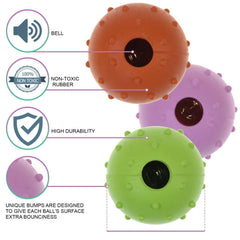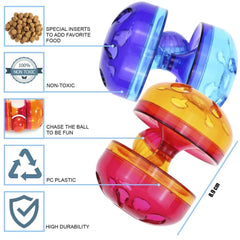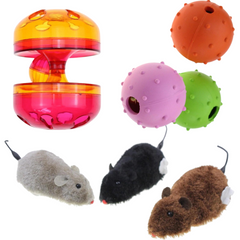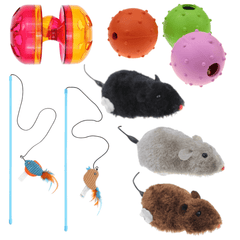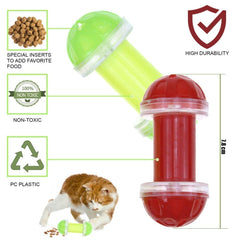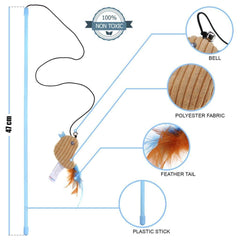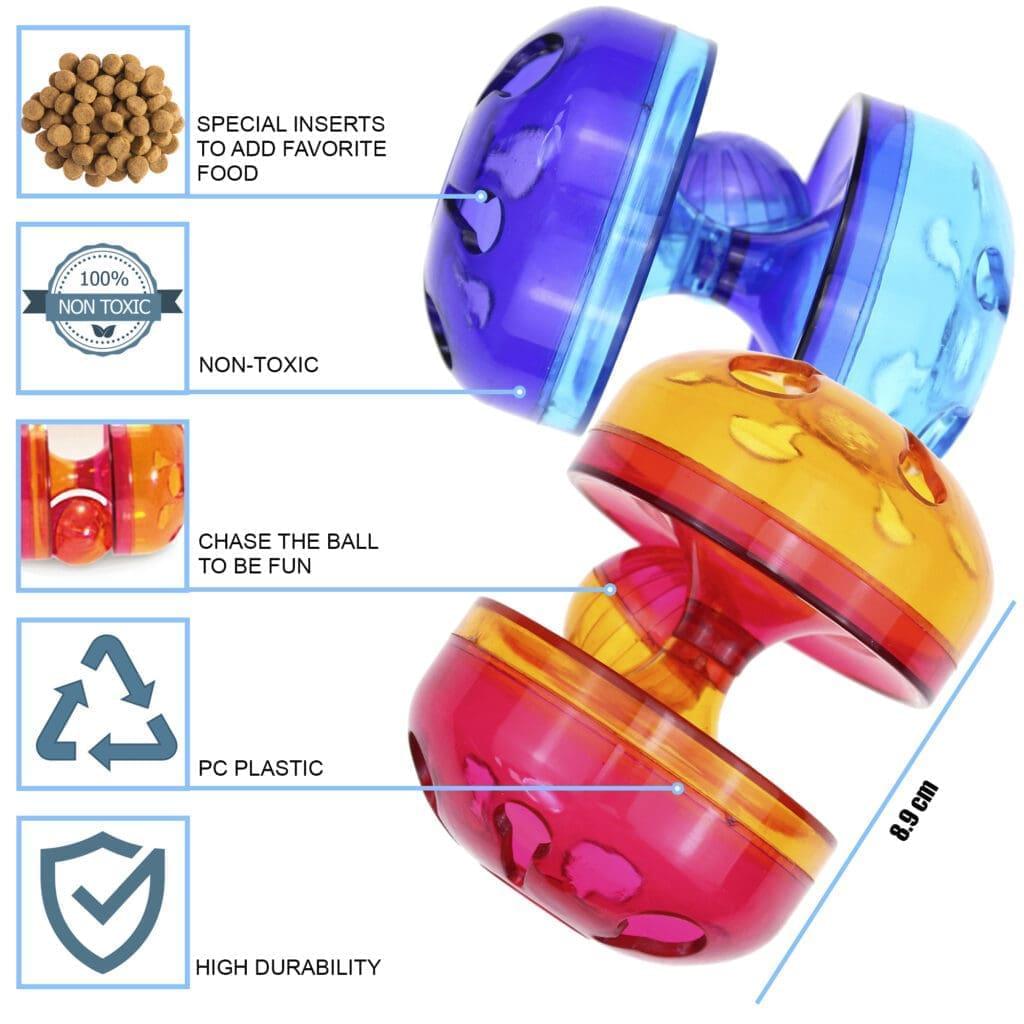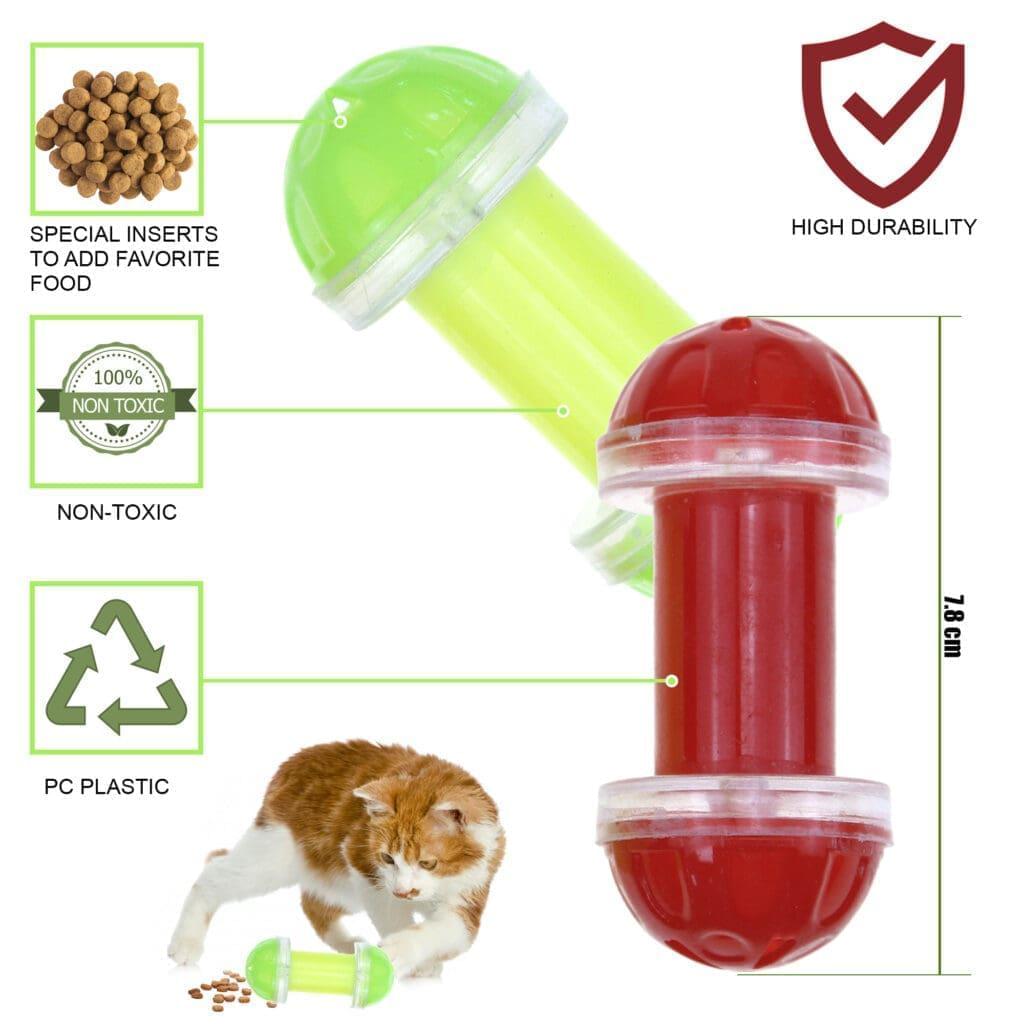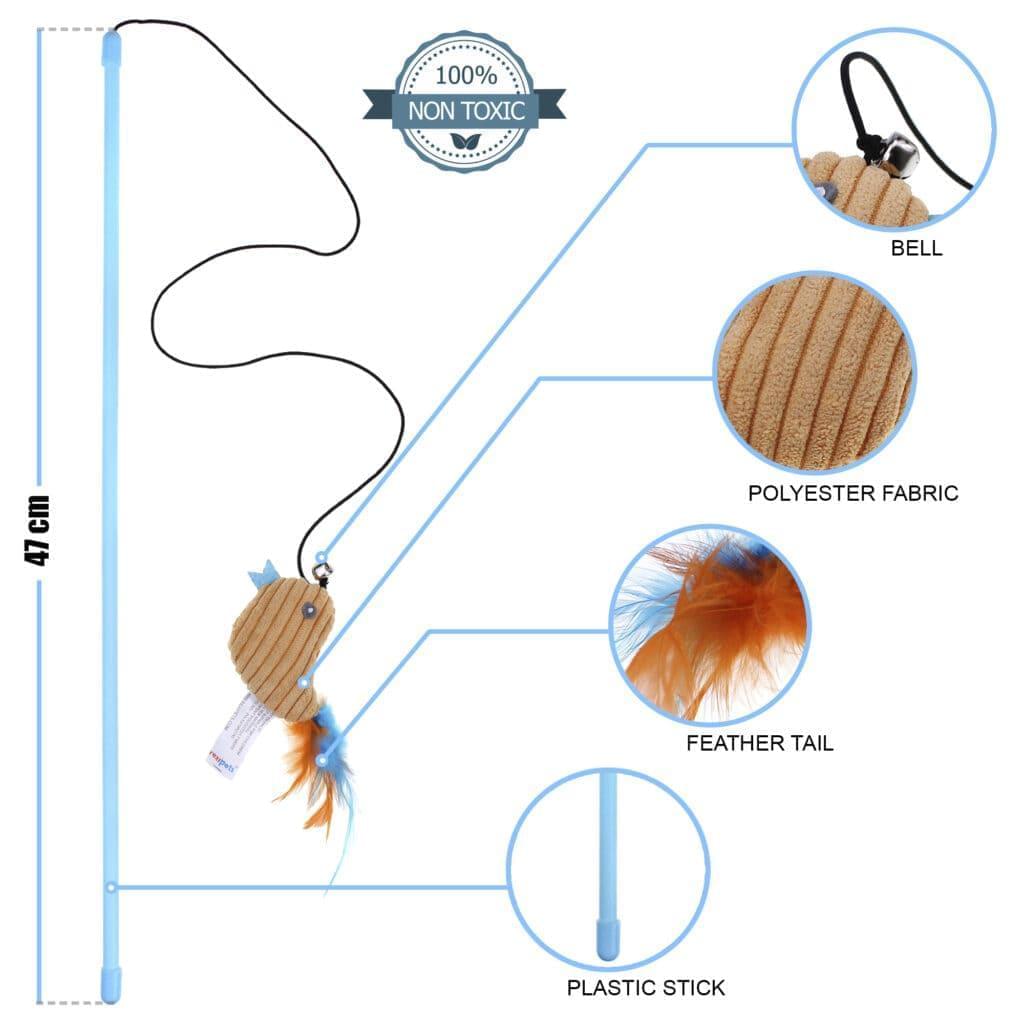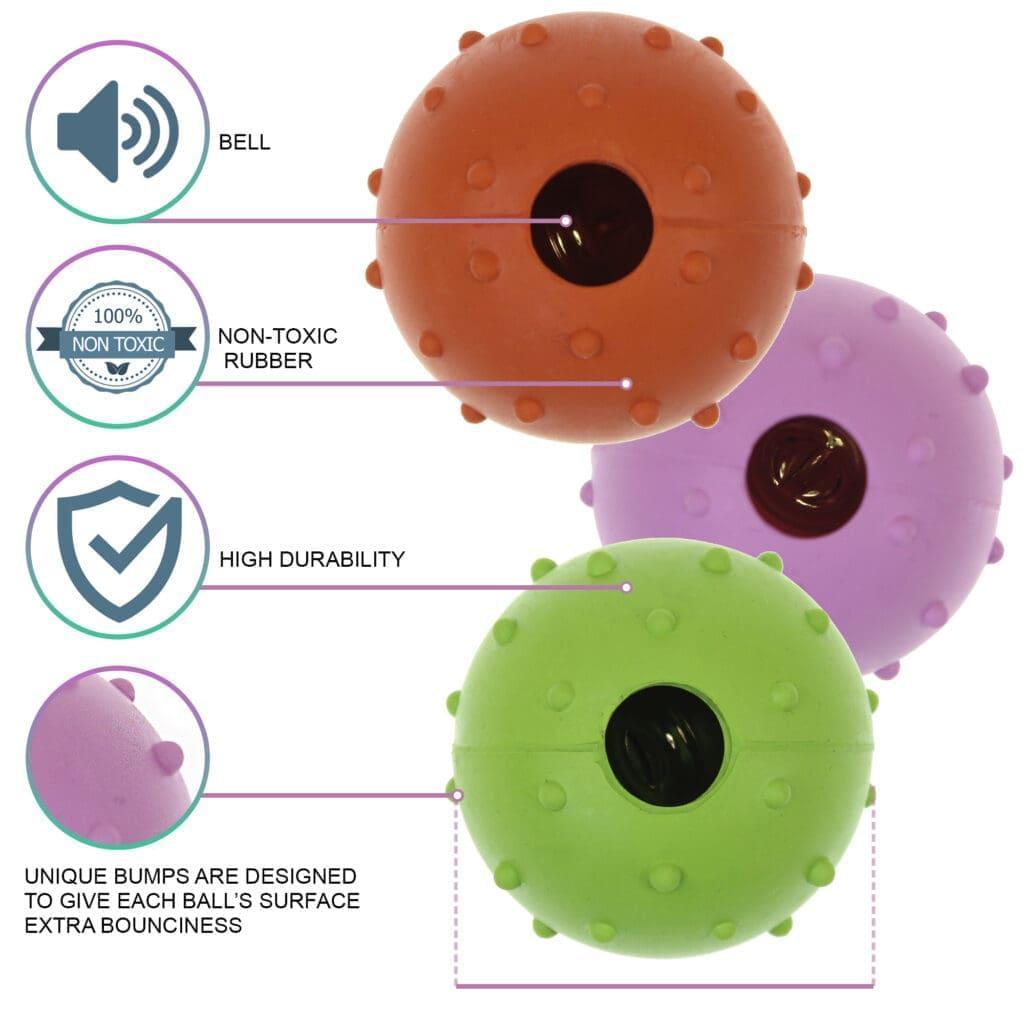
Ever wondered why your male cat becomes territorial and starts marking its territory like crazy, completely ignoring the existence of the kitty litter box? Or are you puzzled about why it gets into catfights with other male cats, leaving you wondering if they're secretly part of a fight club? And have you ever pondered the possibilities of a more chilled-out, healthier, and happier cat?
Well, my friend, the answers lie in the magical world of neutering.
Today, we're talking about neutering your male cat —that's right, the snip-snip procedure for our furry little dudes. Let us tell you, neutering is a game-changer for our male kitties. Trust us; it's not just about population control either. It has endless other advantages in addition to aiding the cat's desire.
In this article, we will discuss all the possible outcomes of neutering your male cat, how long it takes to recover from it, and the signs you should look for after neutering your male cat. Get ready to witness the positive changes that'll make you and your cat the most chill duo on the block.
Neutering Your Male Cat

Deciding whether to get your male cat neutered is a hard decision that many cat owners struggle to make. But hey, no worries! We are here to help you out.
Neutering involves removing your male cat's testicles, the testosterone factories in their little bodies. And guess what? Testosterone is the hormone responsible for sexual behavior. Yep, we're talking about the hormones that make them roam around in search of love, pick fights with other macho cats, and mark their territory by peeing all over.
But here's the deal - when you choose to neuter your male cat, you're stopping these undesirable behaviors. It helps mellow out their impulses, making them more relaxed and less likely to go on a wild adventure-seeking romance. Plus, say goodbye to those catfights—they'll be less likely to throw down with other cats.
Neutering also saves the day when it comes to preventing unwanted kittens. By neutering your boy cat, you're doing your part to keep the kitten population under control and avoid a feline overload.
And a bonus it creates health benefits too! It helps reduce the risk of severe health complications like testicular cancer and prostate diseases. Plus, fewer hormone-driven mood swings mean a more balanced and happy cat.
How Long Will It Take A Male Cat To Recover From Neutering?
After the neuter procedure, your cat usually takes 5 to 7 days to bounce back. During this time, it's crucial to keep an eye out for any signs of trouble and reach out to your vet if you notice any lingering or worsening symptoms. Keep your cat in a crate or secure room. While your furry friend is recovering, limiting their activities is essential. No running, playing, or jumping with other animals - rest is key!
Once that one-week mark is up, you can gradually reintroduce your cat to its usual routine. If they're used to exploring the great outdoors, you can let them venture back outside after 7 days. Just ensure they're fully healed and ready to embrace their adventures again.
Remember, taking it slow and steady is the name of the game in your cat's recovery.
Signs To Watch For After Neutering Your Cat
After your cat undergoes the snip-snip procedure, keeping a close eye on them during the recovery period is essential. Here are signs and symptoms to watch for to ensure your kitty's well-being -
-
Loss of Appetite
A temporary loss of appetite is not uncommon after neutering. However, suppose your cat refuses to eat or drink for an extended period or shows a significant decrease in food intake. In that case, it may be a cause for concern. Proper nutrition is crucial for their healing process, so monitor their eating habits closely and call your vet if you notice a prolonged lack of interest in food.
-
Vomiting or Nausea
Some cats may experience mild nausea or vomiting after the procedure due to the anesthesia or medications used during surgery. However, you must call your vet immediately if your cat exhibits excessive vomiting or persistent gagging and retching. These symptoms could indicate an adverse reaction or underlying issue that requires medical attention.
-
Difficulty Urinating or Defecating
Neutering can temporarily affect your cat's urinary and bowel habits. It's common for them to experience some difficulty or discomfort during the first few days. However, it's crucial to seek veterinary care if you observe your cat straining or crying while using the litter box or if they haven't produced urine or feces for more than 24 hours. These symptoms could indicate a urinary blockage or other complications that require immediate attention.
-
Excessive Bleeding or Discharge
While some minor bleeding around the incision site is normal within the first 24 hours, prolonged or heavy bleeding should be a cause for concern. Similarly, a foul-smelling discharge or pus coming from the incision could indicate an infection. Contact your vet promptly to have the incision evaluated and the appropriate treatment administered.
-
Swelling or Redness
After surgery, some degree of swelling and redness around the incision area is expected. However, if you observe increased swelling, warmth, or inflammation that persist or worsen over time, it could be a sign of infection or other complications. Notify your vet immediately to ensure proper evaluation and appropriate management.
-
Signs of Pain or Discomfort
While it's normal for cats to experience some discomfort after neutering, continuous vocalization or meowing in pain should not be ignored. If your cat shows reluctance to move, walk, or signs of significant pain, it's essential to call your vet. They can assess the situation, provide cat pain medications designed specifically for this, and determine if further investigation is needed.
-
Delayed Healing
The incision site should gradually heal and close over time. However, if you notice that the incision site has reopened, is not closing correctly, or there are openings or visible gaps, it could indicate a problem with healing. Contact your veterinarian for further evaluation and appropriate care.
Final Words!
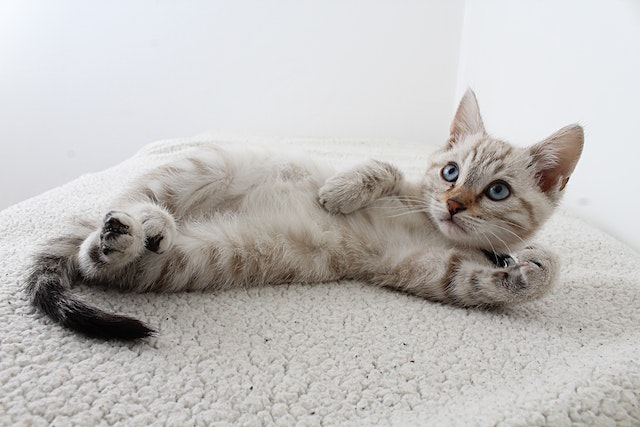
Neutering isn't just about taming wild behavior - it's also a responsible choice to control the cat population. Neutered cats prevent surprise litters of kittens. And by neutering, you're helping create a balanced and happy cat community.
But wait, there's more! Neutering also comes with health perks. It slashes the risk of serious health complications like testicular cancer and prostate troubles in male cats. It's like giving your cat a super shield against potential health villains.
Just look out for the alarming signs after the neutering process -call your vet if things look serious. Make sure your neutered cats get lots of rest, and you'll be set for healthier and happier male cats.
Remember letting your cat recover smoothly is the key to avoid serious health conditions during neutering behavior recovery.
